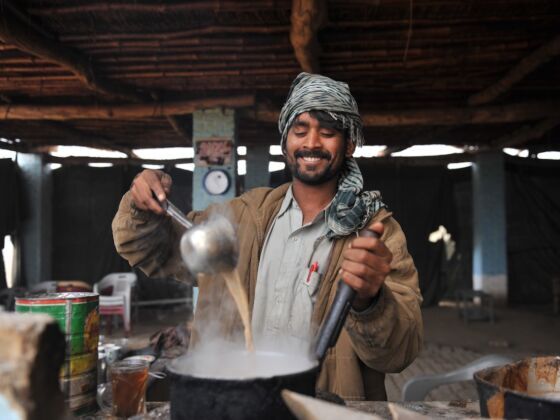When I was a teenager, my family immigrated to Canada from Pakistan. We settled in Mississauga, a suburb of Toronto. My parents both found good jobs, my brother and I enrolled in our local high school, and we set off on our journey to start our new lives. Like most high schoolers my age, I wasn’t very interested in retaining my “roots” or trying to understand my “identity.” I had been given a second shot at life, and I wasn’t going to squander it with sentimental emotions for my “homeland.” I was Canadian now, and that was that.
As the years went by and I moved away from home to attend university, I grew even more distant from my Pakistani roots. I wasn’t religious, nor did I practice any of the rituals which normally bring people together in the Pakistani community, such as going to the mosque, or attending Eid gatherings. Pakistan was all but a distant memory for me by the time I was in my early-20s, and closing off that part of myself didn’t really make a difference to me.
